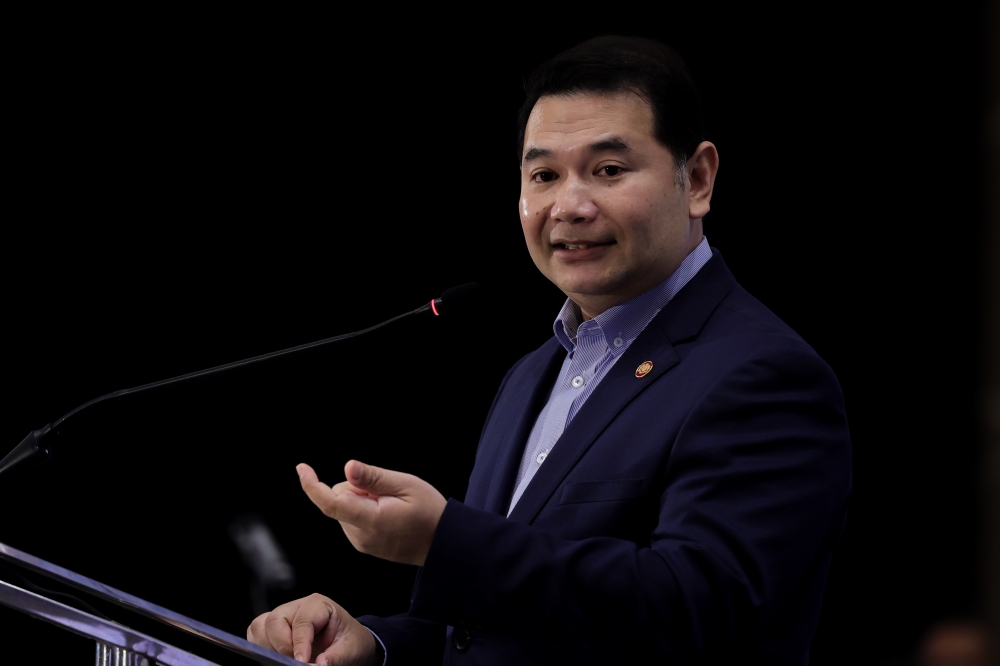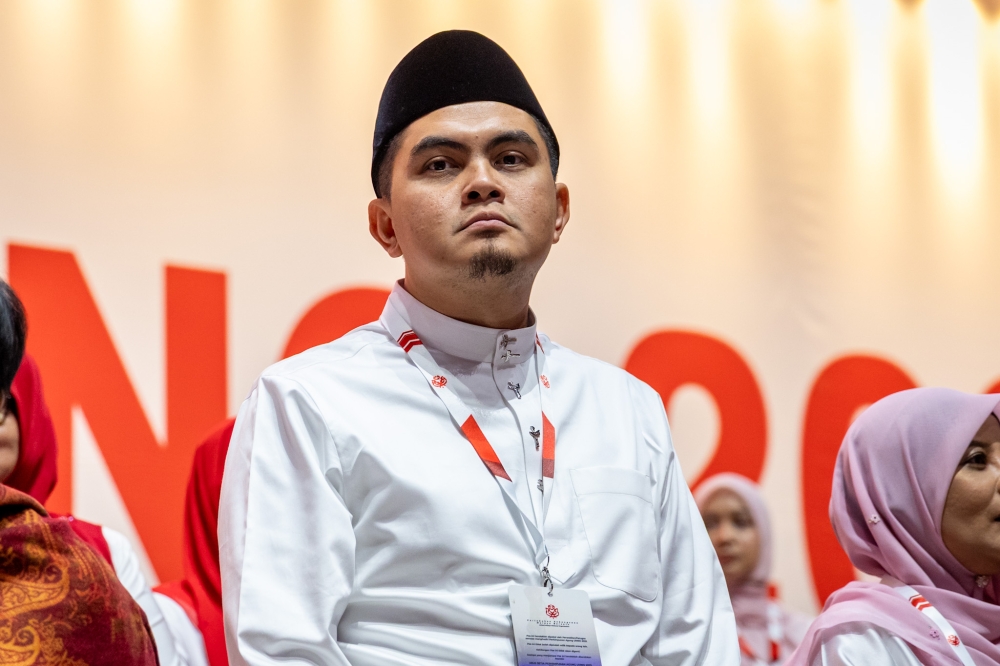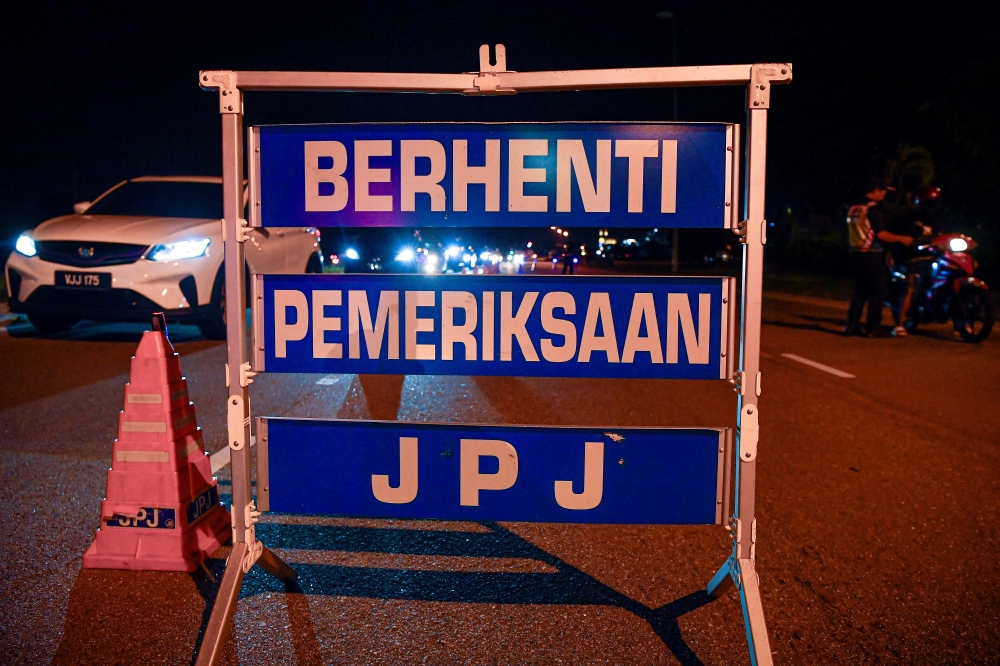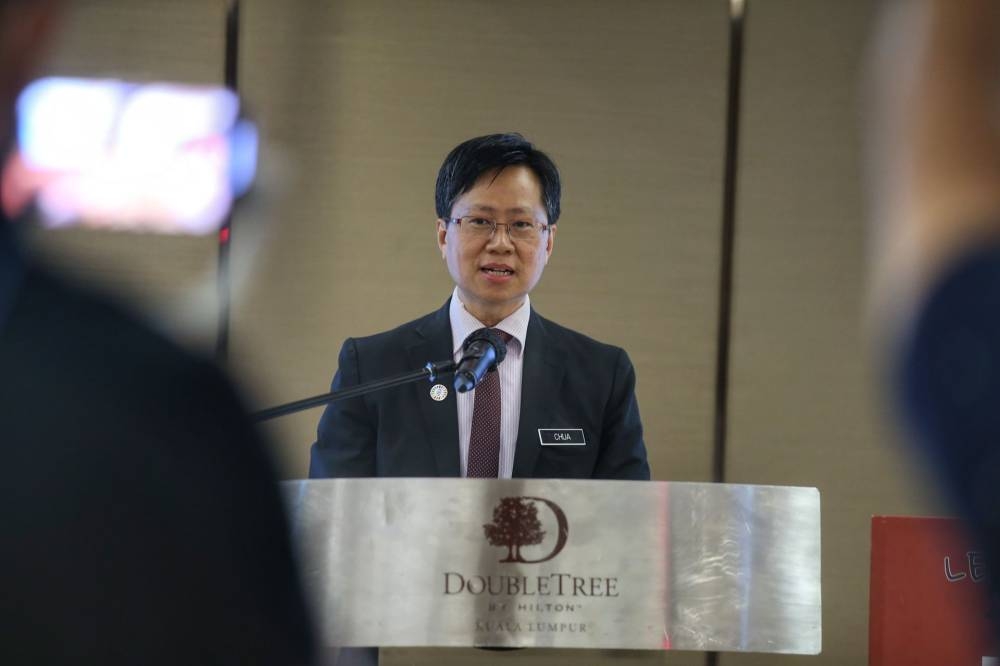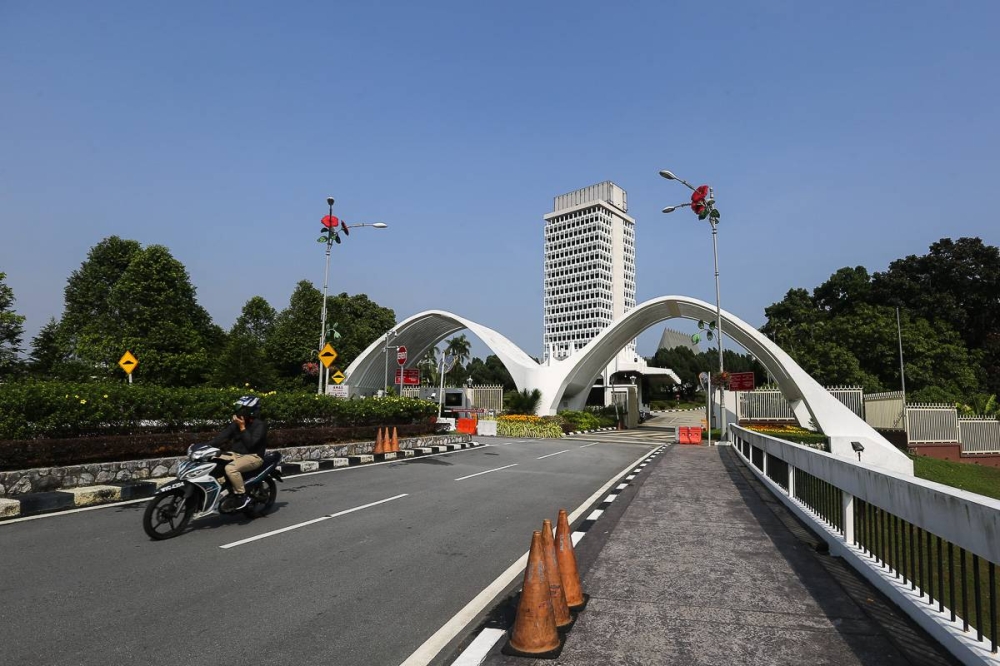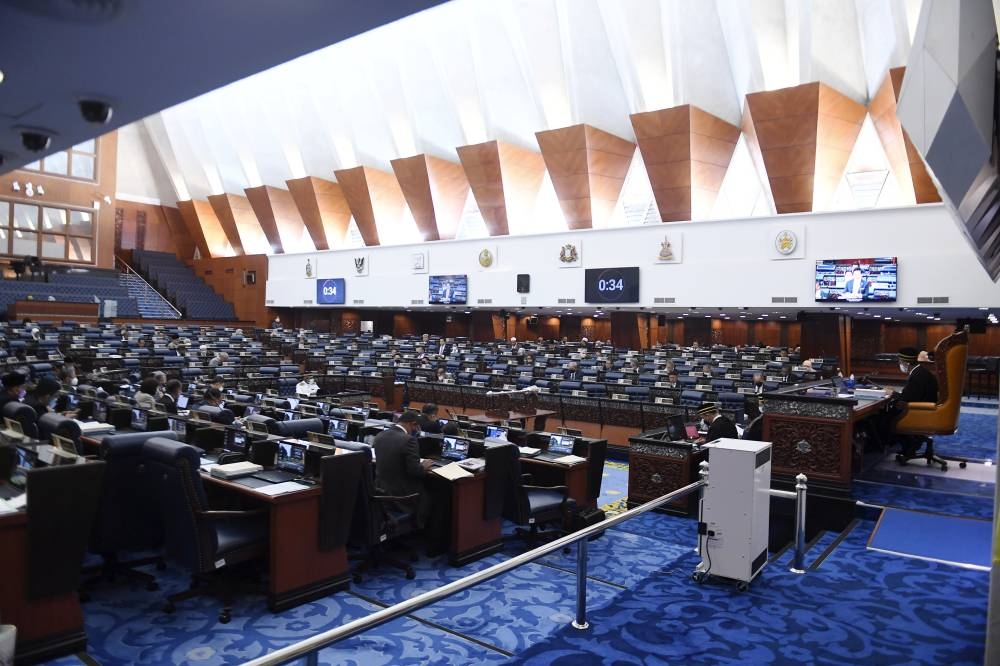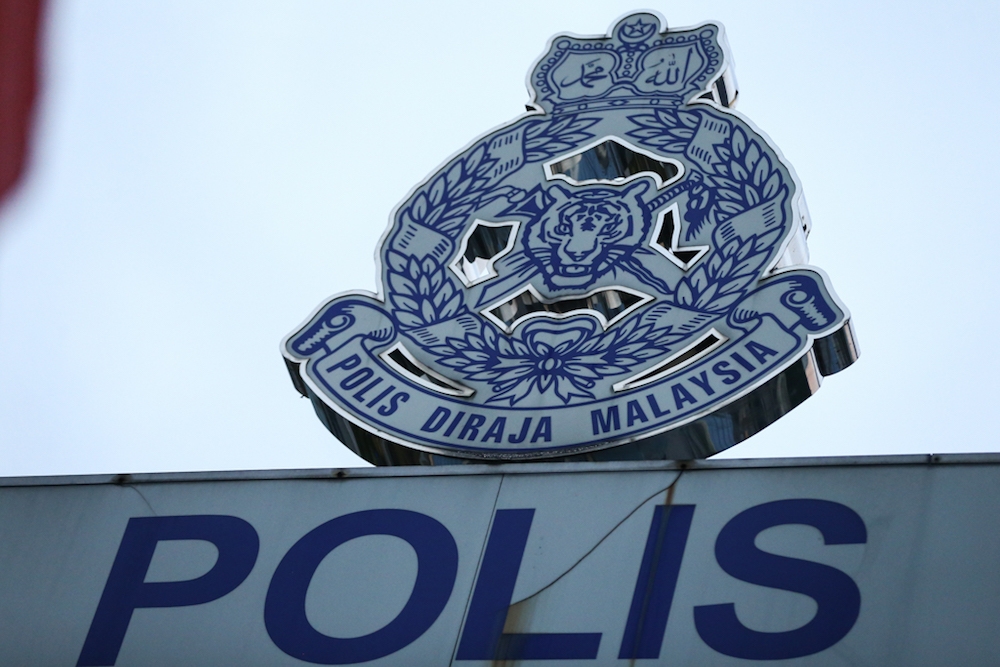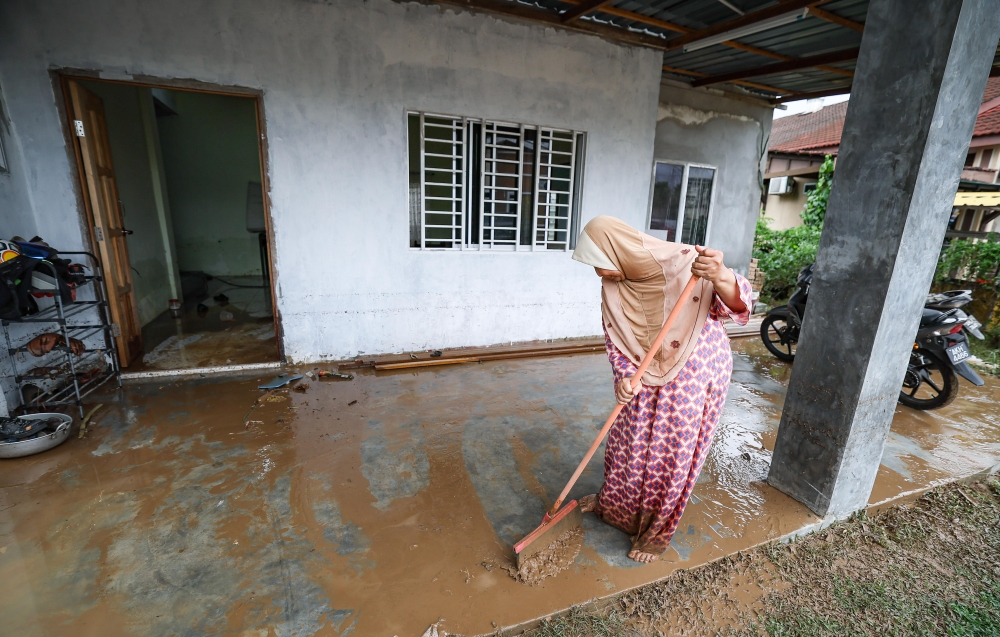KUALA LUMPUR, July 25 — The Anti-Sexual Harassment Bill will be part of civil law, not criminal law, as it provides an alternative to the courts, said deputy secretary-general (Strategic) of the Ministry of Women, Family and Community Development (KPWKM) today.
During a media briefing, Chua Choon Hwa said the objectives of the Bill include raising awareness about sexual harassment, creating safe environments, giving a strong message of the government’s concerns towards the issue, realising Malaysia’s international commitments particularly as a signatory to the Cedaw treaty, and handling the issue of underreporting.
“This Bill provides an alternative forum that is victim-centric,” Chua said, explaining that the system will be refined further once it is in place, as it will be tested out in the Klang Valley once the Bill becomes an Act and may be expanded to mobile or online avenues if all goes well.
The tribunal system introduced by the Bill has the advantages of being easier, cheaper and quicker for victims of sexual harassment, he said.
This closed tribunal system will be cheaper to administer than the court system and does not require the victim to have legal representation which will lessen the financial burdens on the victim, he explained.
It is easier for victims as the closed tribunal system will not draw publicity over the proceedings and the civil system requires a lower burden of proof on the balance of probabilities rather than having to prove claims beyond a reasonable doubt, he said.
He added that it will also be quicker than the court system as an award will be given to the victim within 60 days.
“The public needs to understand that sexual harassment should not be normalised,” said Minister of Women, Family and Community Development Datuk Seri Rina Mohd Harun who was also in attendance.
She explained that the Bill does not cover public spaces as the identity of the perpetrator is required to bring a claim to the tribunal.
She also said that it must be remembered that men can be victims too and that men often feel more shame about having been sexually harassed.
The Anti-Sexual Harassment Bill was tabled in 2018 after spending 30 years in the making and was approved through bloc voting on July 20.
The Bill previously faced criticism from the Anti-Sexual Harassment Advocacy Group, who said that the enforcement of organisational duties to address and prevent sexual harassment, protections for harassing behaviour that creates a hostile environment and protections against victimisation for those who seek redress were not addressed.
The group, which includes the Joint Action Group for Gender Equality (JAG), Engender Consultancy and Young Women Making Change, said that it hopes the Bill will not be misused against the human rights of marginalised groups, for victim-blaming and moral-policing, or to violate bodily autonomy and freedom of expression.


